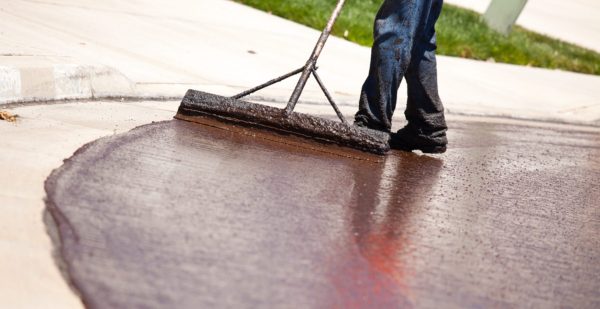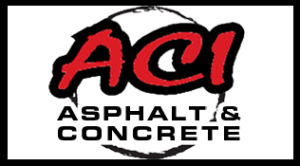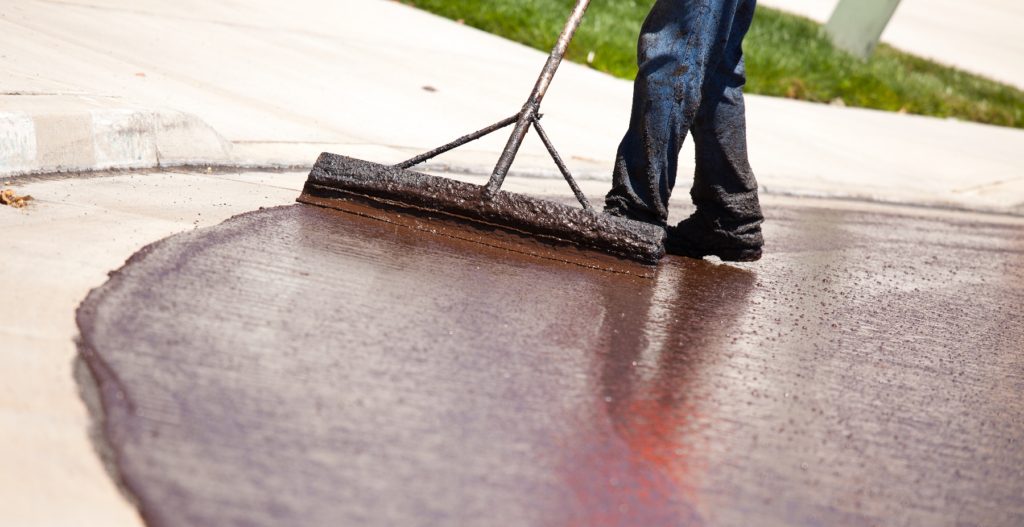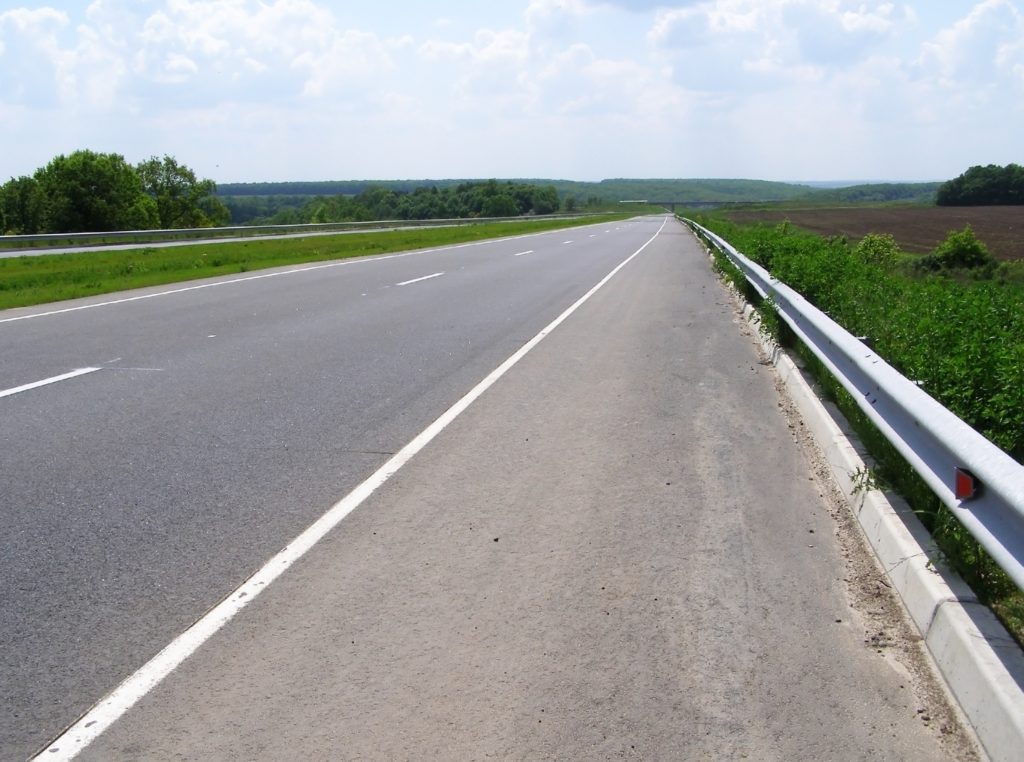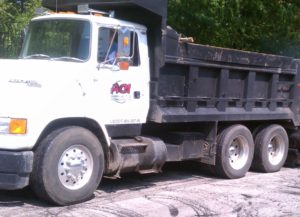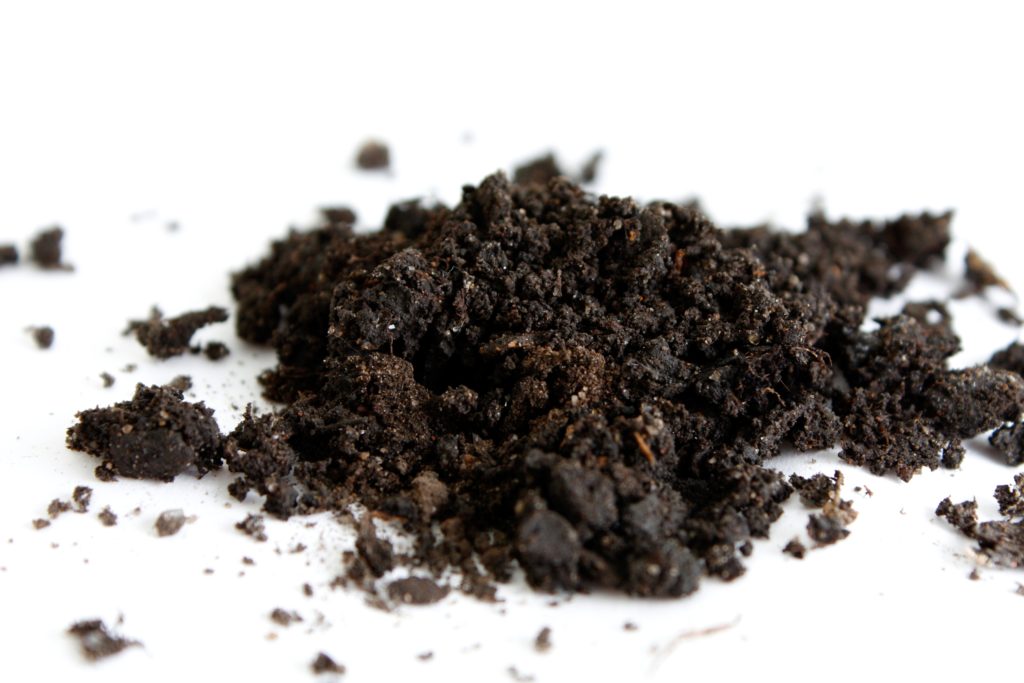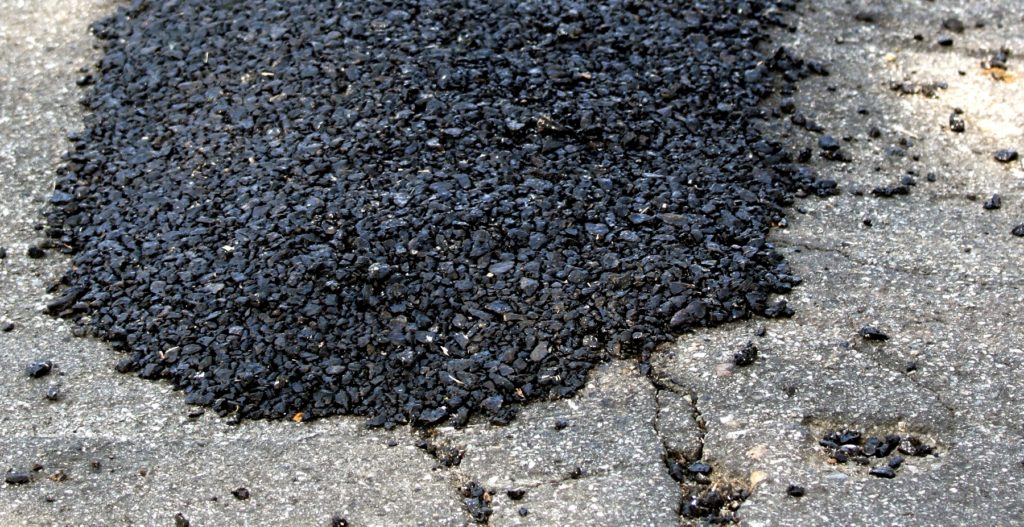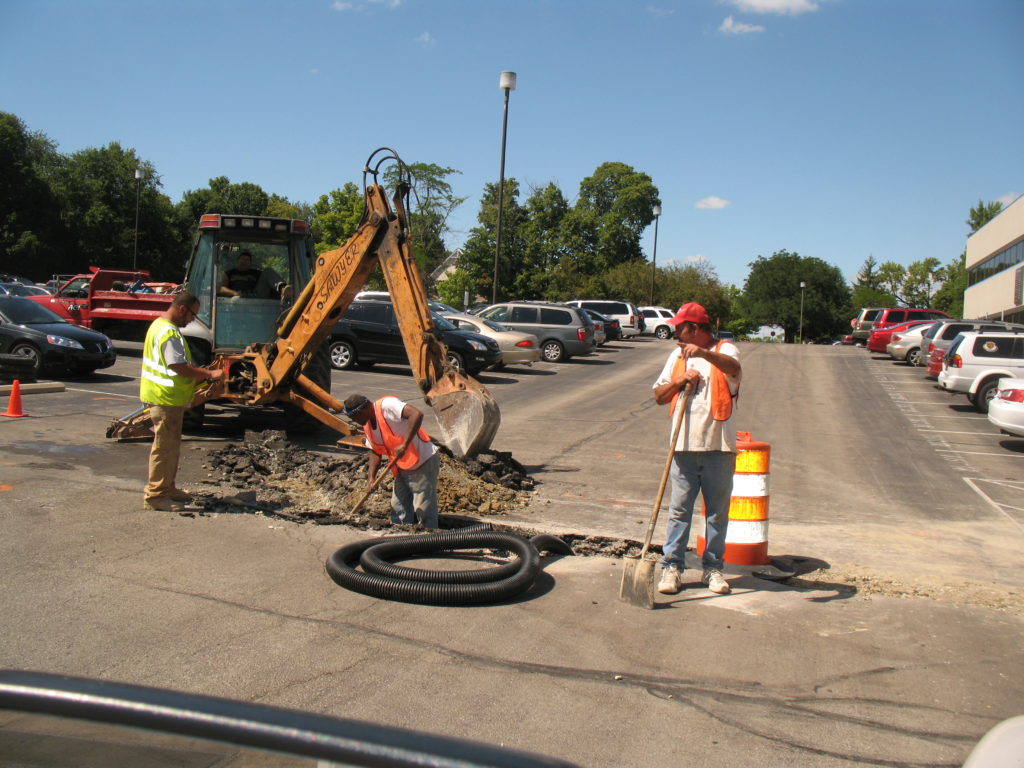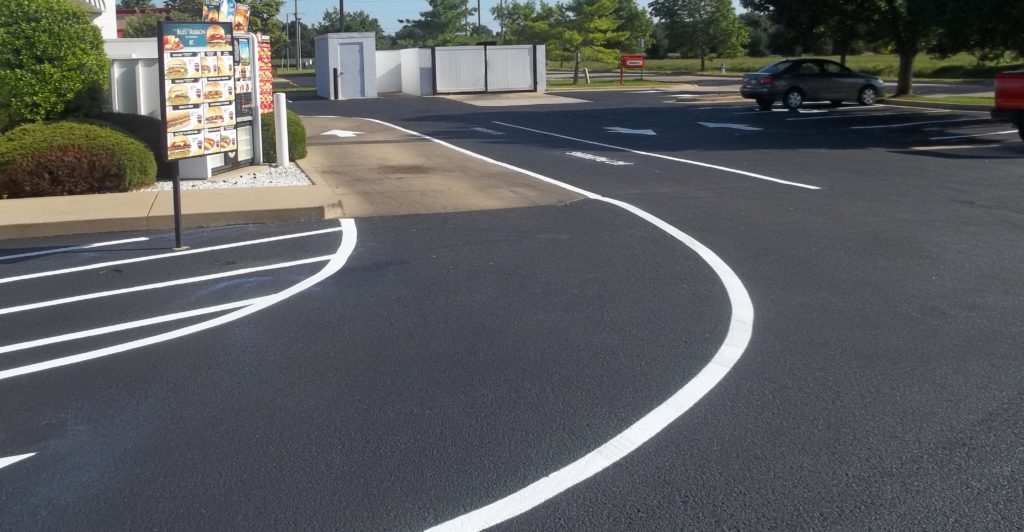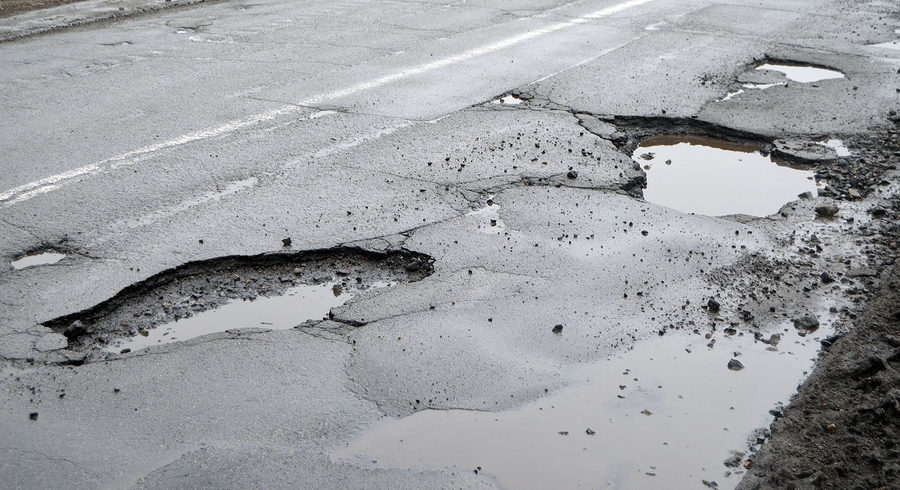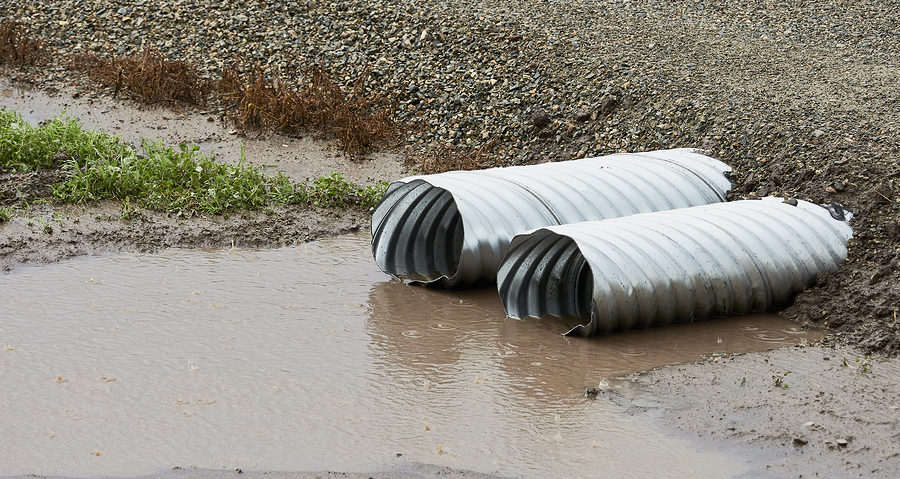When it comes to installing asphalt on top of concrete surfaces, many professionals will tell you that there are some known side effects that can occur. Continue reading to learn what’s really at stake regarding this type of pavement work before choosing to install asphalt over concrete on your property.
A property owner may want to install asphalt on top of a concrete surface for many reasons. Whether repaving a concrete driveway or restoring an old parking lot, repaving over concrete with asphalt is usually an excellent choice. Also known as an “overlay”, paving on top of another surface is a common practice in the pavement construction industry.
In fact, miles of concrete highways and roads are repaved with asphalt, every year. Paving over concrete with asphalt is a safe and suitable method of repaving, and works well under many circumstances. Concrete is an effective material to use as a base or foundation. This is because it is solid and strong, and allows for excellent compaction of the asphalt that will soon be laid above.
Asphalt overlays are popular since they are a more efficient and easier means to restoring old or defective pavement. After all, you get to skip over all the demolition, clearing, and cleanup that would be required otherwise. Not only does this take more time, it requires more labor, which costs more money. But even though it is a whole lot easier, there are some risks you might take on if you choose this route.
Risks to Consider
Installation is key when it comes to long-term performance of pavement. If a concrete base was not properly installed, such as being poured over unstable soils, it can cause problems within the concrete that will eventually show at the surface of the asphalt. For instance, concrete poured over unstable soils can experience cracking and moving at the expansion joints of its slabs. This causes the surface pavement to “pivot” with traffic, heaving and warping from where they were originally poured.
Another risk that can occur with an asphalt overlay over concrete is reflective cracking as a result of continuing heat and cold expanding and contracting. In contrast to asphalt, concrete contains expansion joints that are vulnerable to shifting. This movement causes the concrete to crack; and where the concrete cracks, so does the asphalt surface. Even applying special reinforcing fabric strips prior to overlay cannot entirely prevent this from occurring.
Who to Call for Certified Indianapolis Pavement Repair
Call ACI Asphalt and Concrete at 317-549-1833 for Indianapolis pavement repair at the most competitive prices in town. Our licensed, bonded, and insured paving company offers a wide range of asphalt and concrete construction services for both commercial and industrial properties, including pavement repair, sealcoating, road work, commercial paving, industrial paving, and more. Request a free quote, today.

